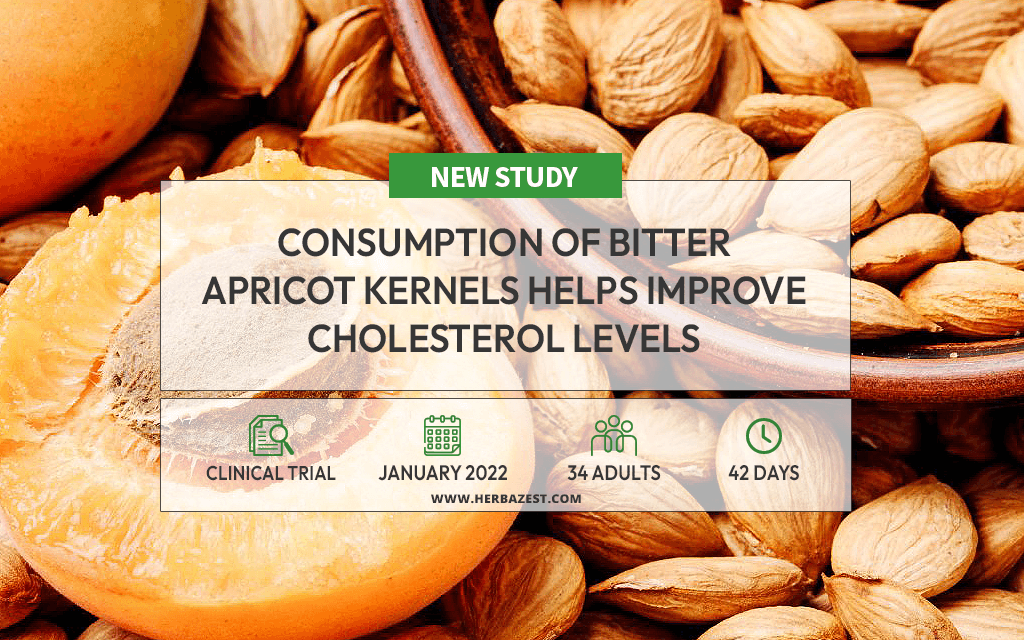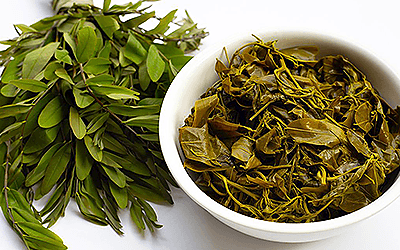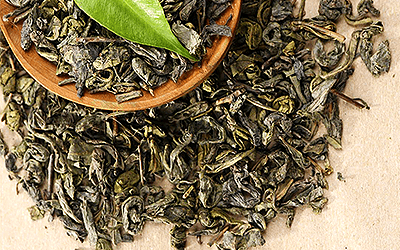Cardiovascular disease, largely driven by atherosclerosis, remains a leading cause of death worldwide. Atherosclerosis occurs when plaque forms in the arteries, often triggered by dyslipidemia, which is characterized by elevated low-density lipoproteins (LDL-C) and triglycerides, and reduced high-density lipoproteins (HDL-C). Smaller, denser LDL particles are particularly harmful, as they penetrate arterial walls more easily and contribute to plaque buildup.1
Plant-based bioactive compounds can positively influence cardiovascular health. Bitter apricot kernels are believed to have antioxidant, anti-inflammatory, and lipid-lowering effects. However, they contain amygdalin, a compound that can be toxic in large amounts, as it breaks down into cyanide in the body. This study examined the short-term effects of bitter apricot kernels on lipid profiles, focusing on potential cardiovascular benefits.
The Study
The study involved 34 adult volunteers, who were divided into two groups: one with normal total cholesterol levels and another with elevated total cholesterol levels. The participants consumed 60 mg per kg of body weight of bitter apricot kernels daily for 42 days, without altering their regular diet.
Researchers analyzed LDL subfractions, categorizing them into two sizes: atherogenic (more likely to cause plaque buildup in the arteries) small, dense LDL particles (LDL3-7), and larger, less atherogenic particles (LDL1-2). Blood samples were collected at the start and end of the study to measure total cholesterol, LDL-C, HDL-C, and triglycerides.
The Results
The study found no significant changes in lipid levels in the normal cholesterol (NTC) group. However, in participants with high cholesterol, total cholesterol and LDL-C significantly decreased after 42 days of bitter apricot seed consumption.
Notably, harmful LDL3-7 subfractions progressively declined in the high-cholesterol group, while the larger, less harmful LDL1-2 particles also dropped. Additionally, the average LDL particle size increased, indicating a shift toward larger, less dense, and less plaque-forming particles.
Inflammation markers, such as high-sensitivity C-reactive protein, and liver enzymes remained stable, showing no adverse effects from the bitter apricot seeds.
What Does this Mean?
This study suggests that daily consumption of bitter apricot kernels may improve lipid levels, especially in individuals with elevated cholesterol. The reduction in LDL-C and atherogenic LDL3-7 particles highlights their potential role in lowering atherosclerosis and cardiovascular disease risks. The shift to larger LDL particles, which are less prone to oxidation, may further reduce plaque buildup.
However, larger and longer studies are necessary to confirm the benefits of apricot kernel consumption for cardiovascular health, as well as their safety due to their amygdalin content, which raises toxicity concerns.
Other herbs with heart health-promoting benefits include green tea, linden, and ginkgo biloba.
Sources
- International Journal of Environmental Research and Public Health, Phytonutrients of Bitter Apricot Seeds Modulate Human Lipid Profile and LDL Subfractions in Adults with Elevated Cholesterol Levels, 2022
Footnotes:
- Medicina (Kaunas). (2022). Atherosclerosis Development and Progression: The Role of Atherogenic Small, Dense LDL. Retrieved October 15, 2024, from https://www.ncbi.nlm.nih.gov/pmc/articles/PMC8877621/




